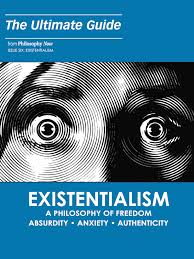Professor Jonathan Crowe of the University of Southern Queensland School of Law and Justice has published a new article titled 'Natural Law With and Without God'. The article appears in Volume 4 of the Australian Journal of Law and Religion. Here is the abstract:

"There is a common perception of natural law theory as characteristically (if not
necessarily) theistic. This is sometimes presented as a drawback by secular critics
of natural law thinking. Natural law authors themselves differ on the role of theism
within their theories. Some have argued that natural law theory presupposes
theism, while others have sought to give their views a secular basis. This article
explores the relationship between natural law theory and theism. I begin by
defining the characteristic features of the natural law outlook. I show that these
core aspects of natural law thought can be rendered consistent with both theistic
and non-theistic worldviews. However, these worldviews may yield different
responses to some fundamental questions about natural law, such as where natural
law comes from; how (and to what extent) humans can know about natural law;
why humans should follow natural law; and whether natural law changes. I explore
the consequences for natural law theories of theistic and non-theistic answers to
these questions. I then offer some reasons for thinking that a version of theism
incorporating what I term ‘qualified teleological perfectionism’ provides the most
coherent foundation for the natural law outlook."

